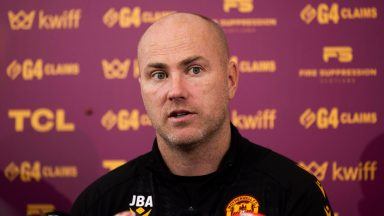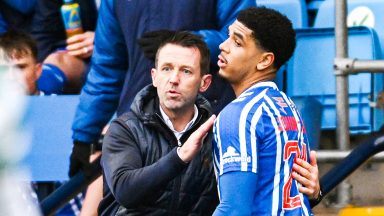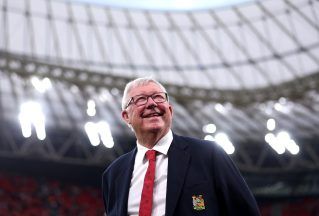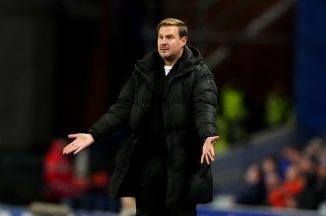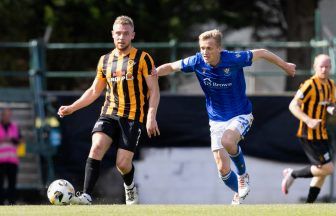Livingston chief executive Dave Black believes that “a deeper conversation” is needed around the SPFL’s proposed ban on artificial surfaces, but won’t rule out challenging the governing body if they proceed with a plan to outlaw plastic pitches in the Premiership.
A dramatic play-off win over Ross County ensured Livingston will be back in the top flight next year after a season in the Championship.
Following the Lions’ relegation a year ago, Premiership clubs voted in favour of banning artificial surfaces from the league, with a two-year period allowed to phase out the controversial surfaces.
At that time, Kilmarnock were the only team in the league without a grass surface and the club agreed to replace their playing surface in time for next season. The Rugby Park club has since pushed that change back to the start of the 2026/27 season, when the two-year grace period will end.
With Falkirk winning the Championship, and Livingston earning promotion through the play-offs, a quarter of next season’s Premiership games will now be played on artificial surfaces, meaning the topic is certain to be a talking point as the deadline to replace the pitches approaches.
The Livingston chief executive said that ahead of their top-flight return, the artificial surface at the Set Fare Arena will be relaid with a new pitch, conceding that the existing articial grass is “a bit tired” after seven seasons of regular use, though it does still meet the criteria to be playable and has FIFA accreditation.
Replacing that with grass at the end of next season would have huge associated costs for the club and knock-on effects such as finding training pitches and places for the club’s academy and women’s team.
“I think there needs to be a deeper conversation,” Black told STV. “I don’t think it is necessarily ‘grass good, artificial bad’.
“I think there can be perhaps different criteria for artificial surfaces. If they’re fine to be used in European competition, then I’m not sure that there needs to be a huge conversation about them not being used in Scottish football.
“However, I get that there may be, whether that’s there has to be under a certain life, or it has to be under a certain year of usage, and maybe can only have certain usage per week.
“So I think there’s definitely a conversation around the lifespan of them or how they can be used.
“But I think a blanket ban is a backwards step for the game.”
Black believes that the landscape is changing regarding artificial surfaces and that many players are now completely used to the pitches after coming through youth football systems where all-weather pitches are commonly used.
He also says that there is variety across different pitches and points to another promoted side as a shining example. And clubs have come together to make representations to the authorities to recognise that the surfaces have a place in the professional game.
“Falkirk, for one, has been lauded a number of times this year for how it looks and how it plays,” he said.
“Jamie Swinney at Falkirk, myself and a few other clubs from the Championship and League One, have been having these conversations with SPFL and SFA to see if there is a middle ground to be had, and we’ll continue those conversations.
“I don’t think it needs to be as cut and dry as it perhaps looks at the minute, or as it has been suggested at the minute.
“So we are up for that conversation, and we hope that the SPFL and the SFA will meet us in the middle and see if there is a middle ground to be had.”
If there is no middle ground to be found, than Black admits a more formal challenge to the ruling is a possibility.
“Falkirk are in the same boat was as well,” he said. “Neither of us were involved in the vote.
“And you’ve now got 25% of the Premiership with artificial surfaces, so you’re now looking at two of the clubs who are in the league didn’t have a say on the vote.
“So I think, yeah, if the ruling wasn’t to be looked at a bit deeper or a conversation had to see if we could change then I think that there would be an element of the club now looking to see if there’s further action we can take to try and instigate that.”
He added: “For us as a club, we’re re-laying it. You know, we’ve acknowledged and accepted that the pitch is looking tired, and we need to do that. So we want to premiere next year with a new top-end surface, which is great and will be great for opposing teams coming here and using it for the first time next season.
“But then the kick on from that is if we have to then go to grass. Where do our academy go? Where do we train during the day? Where do the women’s section go?
“It’s not just a case of putting a grass park down here, and we’re fine. You know, that would solve the immediate problem on a Saturday, to meet that criteria for Premiership football but it’s the Monday to Friday issue that poses in the financial constraints that puts on the club.
“If we’re then having to spend upwards of at least a million pounds on putting a grass pitch down here, plus a training facility, and then how does that look for the academy?
“That would then be a further deeper conversation at the club level, can we afford to then run an academy elsewhere? Because we’d have to either hire somewhere or build a surface or build a training park somewhere else.
“There’s a big knock on effect for for not just us, for a number of clubs who would be in that boat, should they get to the Premiership.
“So yeah, we’ll see what happens over the coming months, and certainly as we approach the mid-to-tail-end of next season and see what that looks like.”
Follow STV News on WhatsApp
Scan the QR code on your mobile device for all the latest news from around the country



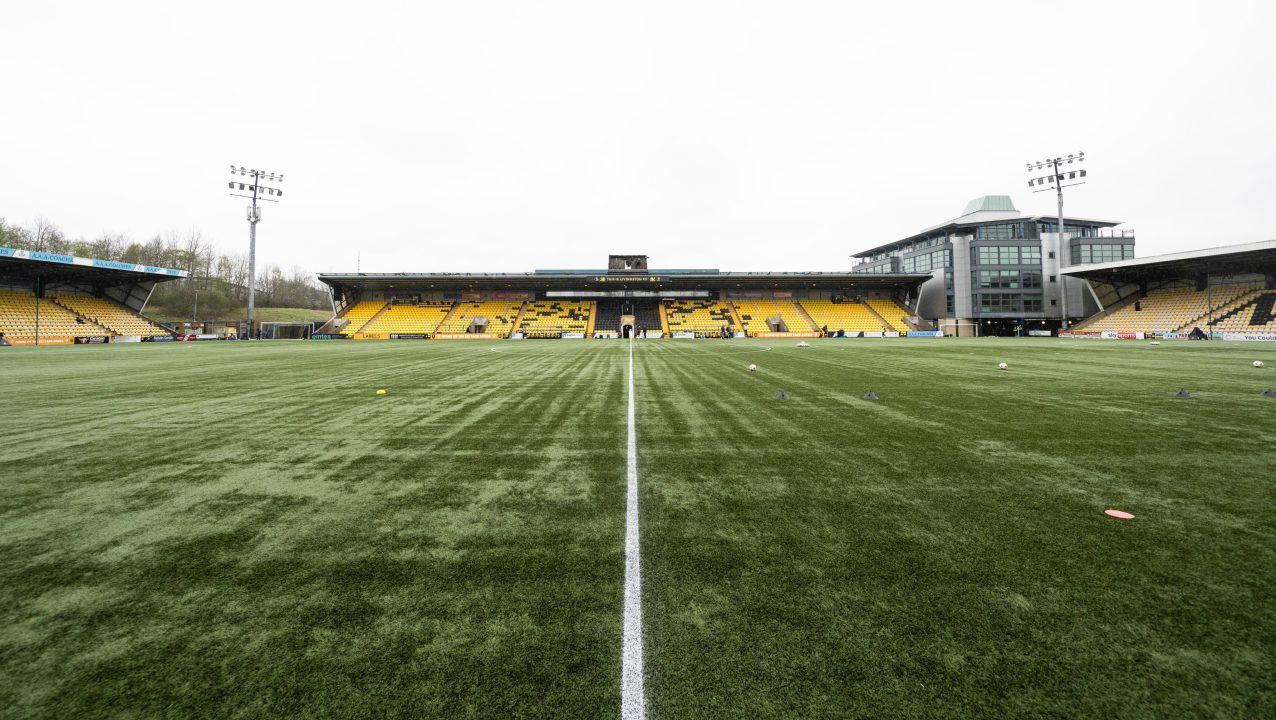 SNS Group
SNS Group















